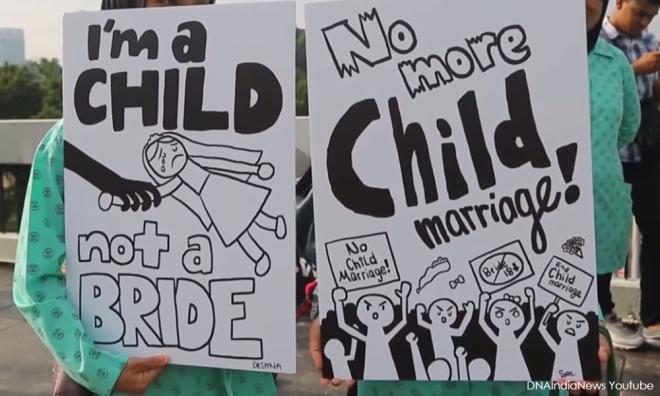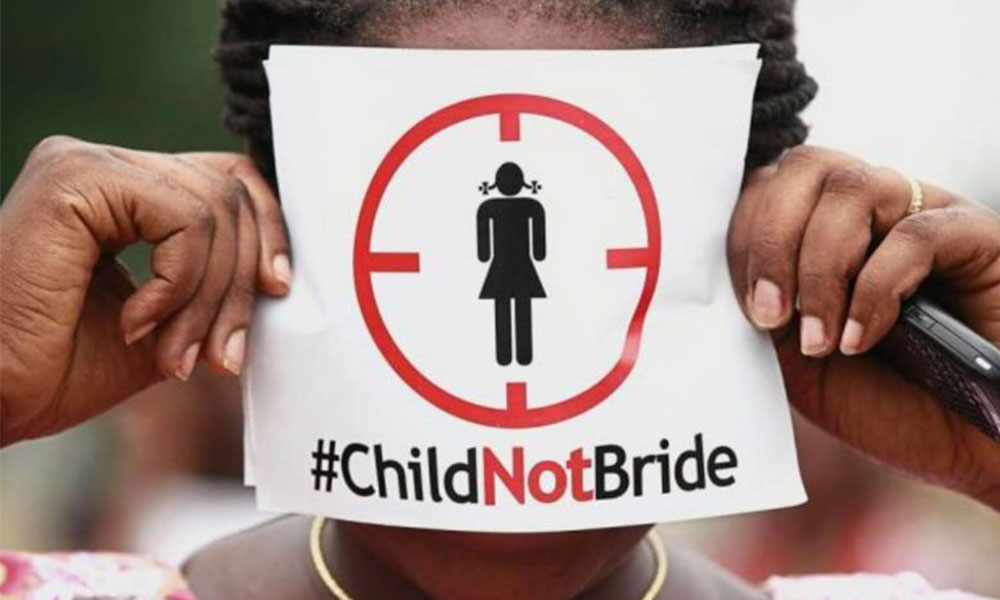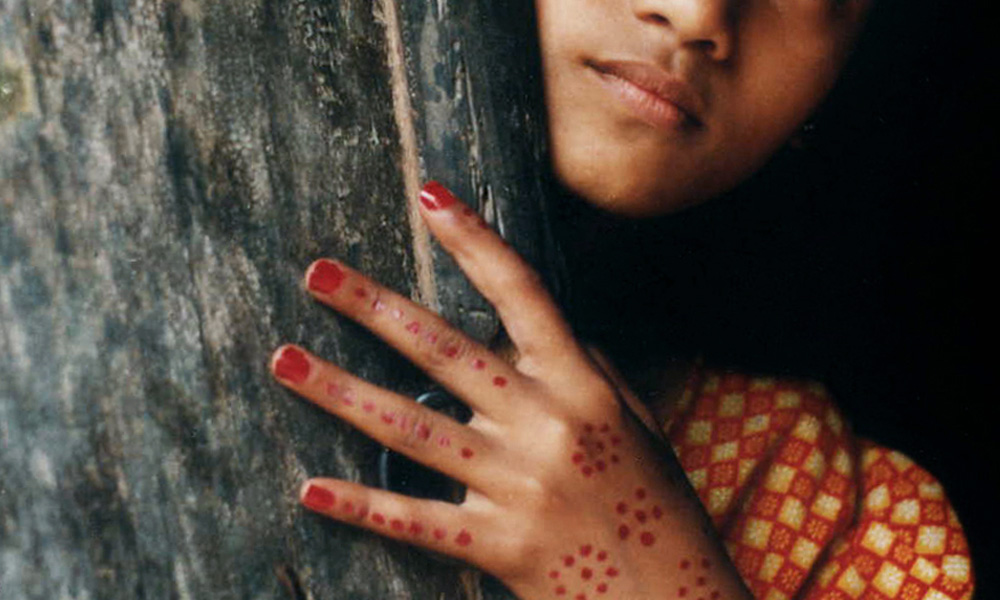
According to World Vision, the Covid-19 pandemic could expose an additional four million girls to the risk of underaged and forced marriages within the next two years. UN Population Fund researchers have warned that within the next decade, the world could witness an extra 13 million child marriages.
This is, of course, on top of the already staggering number of 12 million girls below the age of 18 married off every year, which come up to one girl every three seconds.
The reason for this is twofold. It is the failure to recognise the disproportionate impact that the outbreak is having on women and girls and it is recovery solutions that do not take into consideration the discrimination and vulnerabilities that they are currently enduring.
The Covid-19 pandemic that started as a health crisis, happened to a Malaysia which was going through a political crisis. It did not help that the situation quickly escalated into an economic crisis. At every step of the way, the welfare of women and girls has fallen again and again through the cracks in a system that provided little, if any, social or economic safety nets for them.
Poverty has always been a key factor contributing to child marriage, as many families regard daughters as financial burdens. With the loss of livelihoods and prolonged unemployment, it is likely that daughters will bear the brunt of the family’s financial constraints.

There are also some families who genuinely believe that they are doing their daughters a favour by marrying them off early. Since they are unable to take care of these girls, maybe someone else can give them a better life.
The reality is, however, isn’t a fairy tale ending for the girl. Not only is the girl’s body still in the process of maturing, but so is her child mind. Girls who marry young are unable to understand nor articulate their sexual and reproductive rights. As a result, they are highly vulnerable to domestic violence and sexual exploitation.
According to the World Health Organisation (WHO), pregnancy and childbirth complications are the leading cause of death for girls aged 15 to 19 years globally. In fact, 65 percent of all obstetric fistula cases occur in girls under the age of 18.
Poverty is not only a driver to child marriage, but also a consequence. Almost all girls who enter into underaged marriages drop out of school. Deprived of education, she is in a position of economic disadvantage and unable to contribute substantially to the household income. Child marriage is not a solution to poverty. It perpetuates poverty.
The problem now is that legally, Malaysia still regards this as permissible.
In July 2018, former deputy women, family and community development minister Hannah Yeoh announced that 14,999 child marriages were recorded between 2007 and 2017 with approximately 10,000 of them being Muslim. These numbers add up to an average of four children being married every day in our country.
Following the disagreement by seven states on a proposed bill to ban child marriage in the country, the ministry had embarked on a compromised SOP to make it “more difficult” for child marriage to take place as well as a number of grassroots programmes to tackle the causes of child marriage.
At best, it is currently unknown if the new custodians of the ministry will carry on with these plans. What needs to be clear is that child marriage isn’t a political issue, and neither should its solution be. Whatever political disagreement this and the previous administration have should not come at the price of the future of our daughters.

Young girls under the movement control order at home must have their education and mental wellbeing prioritised and families should not prescribe gender expectations onto them. Gone should be the days when we tell girls that their place is in the kitchen.
Care work, the fulfilling of house chores as well as access to entertainment and play should be shared. Being at home should be an opportunity to empower girls to speak out and to teach them about body positivity.
Importantly, the home should be safe from predators of all kinds - and if something happens, girls should be confident of their rights and what they can do.
Recovery plans for the pandemic need to employ a multi-stakeholder approach where women’s voices from the ground are heard. The government needs to have an open-door policy and bring to the table NGOs and other stakeholders as they are conduits to ensuring that policies and programmes implemented will not only reach those who need it most but will also effect positive, long-term improvements in their overall future outlook.
Child marriage should not be an option under any circumstances. Poverty, awareness and education and access to health and reproductive services can all be addressed without putting child marriage as a way out.
What is missing right now is a sense of urgency. The double blow of Covid-19 and allowing child marriage to continue in our country has lasting negative impacts on girls and their capability of contributing to our nation-building efforts.
Malaysia’s recovery from Covid-19 cannot be at the expense of marrying off our young girls. Healthwise, economic-wise and even politically, we really cannot afford it.
I have said this before, a Malaysia whose ambition is to achieve developed nation status cannot leave anyone behind. We need everyone to be part of the progress to get there.
MAJIDAH HASHIM is a human rights defender. She can be reached via Twitter at @majidahhashim. - Mkini



No comments:
Post a Comment
Note: Only a member of this blog may post a comment.